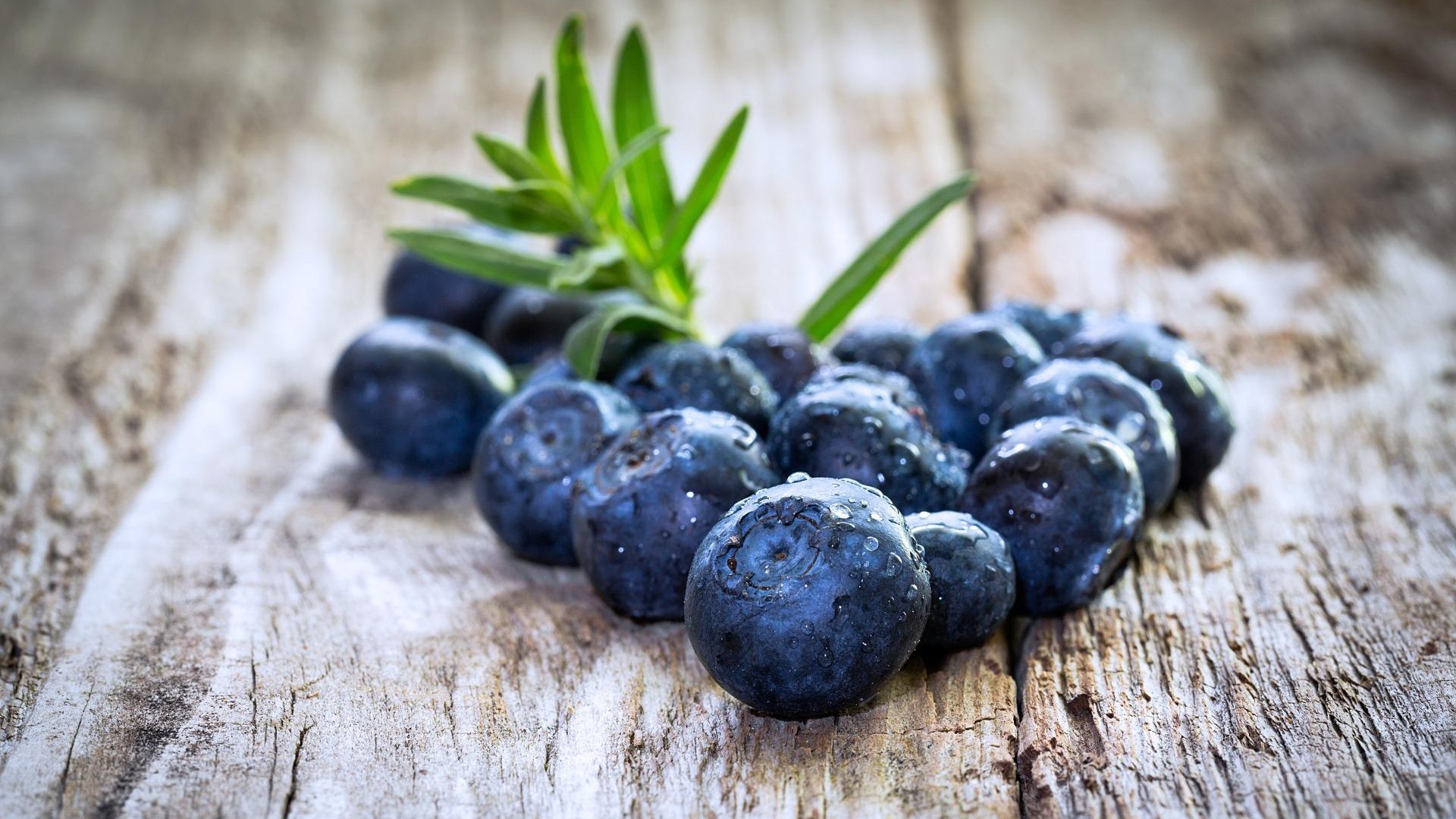
In the journey of recovery and healing, whether from illness, injury, or even during rehab treatment, the foods we consume play a crucial role. Among nature’s bounty, berries stand out as particularly potent allies in the healing process. These small, colorful fruits pack a powerful punch of nutrients that can significantly aid in recovery, offering a delicious way to support the body’s healing mechanisms.
Berries, in their various forms – blueberries, strawberries, raspberries, and blackberries, to name a few – are not just tasty treats but also nutritional powerhouses. Their vibrant colors are indicative of their rich content of vitamins, minerals, and antioxidants, all of which contribute to their healing properties. Let’s delve into how these nature’s gems can be instrumental in your recovery journey.
One of the primary ways berries aid in recovery is through their high vitamin C content. Vitamin C is a crucial nutrient for wound healing and tissue repair. It plays a vital role in the formation of collagen, a protein essential for the structure and healing of skin, tendons, ligaments, and blood vessels. By consuming berries regularly, you’re providing your body with a natural source of this healing vitamin, which can accelerate recovery from injuries or surgeries.
But the benefits of berries in recovery extend far beyond just vitamin C. These fruits are renowned for their high antioxidant content, particularly compounds called anthocyanins, which give berries their distinctive colors. Antioxidants are crucial in the healing process as they combat oxidative stress and inflammation in the body. During recovery, whether from physical exertion, illness, or injury, the body experiences increased oxidative stress. By consuming berries, you’re equipping your body with the tools it needs to fight this stress and promote faster healing.
For those recovering from intense physical activity or athletic pursuits, berries offer specific benefits. Recent research has highlighted the potential of berries, especially blueberries and raspberries, in supporting muscle recovery. These fruits have been associated with reduced muscle soreness and faster recovery times after strenuous exercise. The anti-inflammatory properties of berries are thought to be key in this process, helping to alleviate the muscle damage and inflammation that occur during intense physical activity.
Moreover, berries can play a significant role in cardiovascular health, which is crucial for overall recovery and well-being. Studies have shown that regular consumption of berries, particularly blueberries, may help lower blood pressure and reduce the risk of heart disease. This is particularly important for individuals recovering from conditions that affect the cardiovascular system or those undergoing rehabilitation programs that involve physical therapy and exercise. By supporting heart health, berries can contribute to a more efficient and effective recovery process.
The cognitive benefits of berries should not be overlooked in the context of recovery. Many healing processes, including those in rehab treatment programs, involve mental as well as physical aspects. Berries, especially blueberries, have been linked to improved memory and cognitive function. This cognitive boost can be particularly beneficial for individuals recovering from conditions affecting the brain or nervous system or for those dealing with the mental challenges that often accompany physical recovery.
Another aspect of recovery where berries can be beneficial is in maintaining a healthy immune system. A strong immune system is crucial for fighting off infections and supporting the body’s healing processes. Berries, with their high content of vitamins and antioxidants, can help bolster the immune system. This is particularly important for individuals recovering from surgeries, illnesses, or conditions that may have weakened their immune defenses.
The versatility of berries makes them an easy addition to any recovery diet. They can be consumed fresh, frozen, or dried, and easily incorporated into smoothies, yogurt, oatmeal, or salads. This flexibility allows individuals to enjoy the benefits of berries even when fresh berries are not in season. Furthermore, the natural sweetness of berries makes them a healthier alternative to processed sugars, which can be detrimental to the recovery process.
It’s worth noting that while berries are beneficial, they should be part of a balanced diet that includes a variety of fruits and vegetables. The principle of “eating the rainbow” – consuming fruits and vegetables of various colors – is particularly relevant in recovery nutrition. Each color represents different phytonutrients and antioxidants that can support various aspects of healing. Berries, with their deep blues, reds, and purples, form an essential part of this colorful, healing diet.
For those undergoing specific recovery programs, such as physical therapy or rehabilitation, incorporating berries into the diet can complement other treatment modalities. While they shouldn’t be seen as a replacement for prescribed treatments or medications, berries can be a valuable addition to a comprehensive recovery plan. Their natural compounds work synergistically with the body’s healing processes, potentially enhancing the effectiveness of other treatments.
It’s also important to consider the role of berries in long-term health and recovery. Many chronic conditions require ongoing management and recovery strategies. Regular consumption of berries, as part of a healthy lifestyle, can contribute to overall health and potentially reduce the risk of future health issues. This preventive aspect is particularly valuable for individuals who have undergone significant health challenges and are looking to maintain their recovery and prevent future setbacks.
In conclusion, berries are more than just delicious fruits; they are nature’s recovery aids. From their high vitamin C content that promotes wound healing to their powerful antioxidants that combat inflammation and oxidative stress, berries offer a wide range of benefits for those in recovery. Whether you’re recovering from physical exertion, managing a chronic condition, or undergoing a rehabilitation program, incorporating berries into your diet can be a simple yet effective way to support your body’s healing processes. As with any dietary change, especially during recovery or treatment, it’s always advisable to consult with healthcare professionals to ensure that berry consumption aligns with your specific health needs and recovery plan. By harnessing the power of these colorful, nutrient-dense fruits, you can give your body an extra boost in its journey toward healing and recovery.


